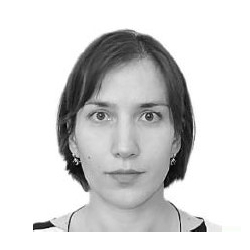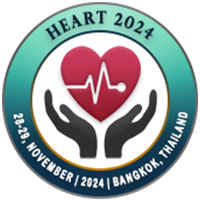
Ekaterina Emets
Voronezh Regional Clinical Hospital, Russian FederationTitle: The postoperative cerebral hyperperfusion syndrome and the problem of its prevention
Abstract
There are no studies in the world on the effect of disorders of venous cerebral outflow on autoregulation and perfusion of the brain after reconstruction of the carotid arteries. We studied the role of arteriovenous imbalance after carotid endarterectomies and stenting as a trigger factor for the development of cerebral hyperperfusion syndrome. The arteriovenous balance was calculated as the ratio of venous outflow through the internal jugular veins to arterial inflow through the carotid and vertebral arteries. Assessment of cerebral venous outflow disorders and measurement of systemic venous pressure was carried out according to the methods developed at the Federal State Budget Institution "A.N. Bakulev National Medical Research Center of Cardiovascular Surgery". The optimal set of clinical and instrumental examination methods for predicting cerebral hyperperfusion syndrome in the immediate postoperative period has been determined. When comparing the informative value of functional samples in determining the cerebral perfusion reserve, it was found that samples with the determination of the hemodynamic range are multifactorial, depending not only on the degree of arterial damage and the consistency of collateral circulation, but also on arterial and venous pressures, intracranial pressure, the presence and severity of intracranial vasospasm or arteriosclerosis. When predicting the development of complications from the central nervous system, peripheral resistance indices (PI and S/D), determined by transcranial dopplerography, and the state of venous outflow, especially the venous hemodynamic range, are important. Identification of the essential role of arteriovenous imbalance in the development of this syndrome makes it possible to predict the risk of its development after activation of arterial blood flow, to develop methods of prevention, minimization and treatment, thereby improving the quality of surgical and endovascular care and the quality of life of the patient.
Biography
Ekaterina Emets works in the Voronezh Regional Clinical Hospital No. 1 as functional diagnostic. From 2020, she is a part-time postgraduate student of Bakoulev National Medical Research Center for Cardiovascular Surgery (Ministry of Health of Russia). She is the co-author of 3 review articles published in central Russian journal “Clinical Physiology of Circulation”.

